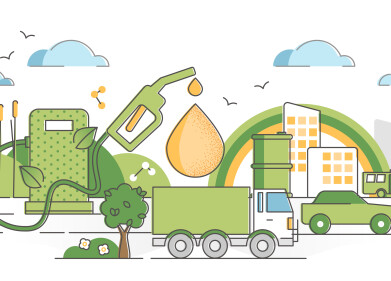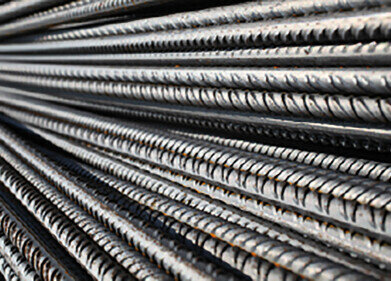Biofuel industry news
Tension wood could improve biofuel efficiency
Oct 26 2011
A study into tension wood could have significant ramifications for the future of biofuel development.
Researchers at the US Department of Energy's BioEnergy Science Center have undertaken an innovative study into tension wood, which the team believe could improve the efficiency of bioenergy crops.
Tension wood is formed in hardwood trees when the growth experiences certain types of stress and is made up of more than 90 per cent cellulose, compared to levels around 40 to 55 per cent in normal wood.
Increased levels of cellulose mean that they contain more sugars, which, when fermented, will produce greater levels of ethanol, creating more biofuel with the same quantity of crops.
"Recalcitrance of plants is ultimately a reflection of a series of integrated plant cell walls, components, structures and how they are put together," said co-author Arthur Ragauskas of Georgia Institute of Technology.
"This paper illustrates that you need to use a holistic, integrated approach to study the totality of recalcitrance."
The study is the first to focus on systematically characterising tension wood and its ability to release sugar.
Digital Edition
PIN 25.6 Buyers' Guide
January 2025
Buyers' Guide Directory - Product Listings by Category - Suppliers Listings (A-Z) Articles Analytical Instrumentation - ASTM D7042: The Quantum Leap in Viscosity Testing Technology -...
View all digital editions
Events
Jan 20 2025 San Diego, CA, USA
Jan 22 2025 Tokyo, Japan
Jan 25 2025 San Diego, CA, USA
SPE Hydraulic Fracturing Technology Conference and Exhibition
Feb 04 2025 The Woodlands, TX, USA
Feb 05 2025 Guangzhou, China


















